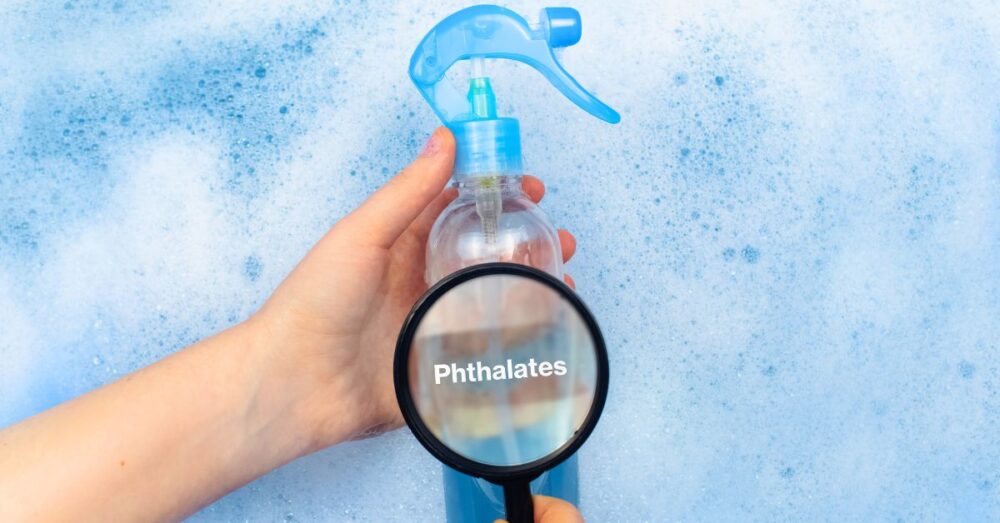A new study is shining more light on the dangers of phthalates, a chemical commonly found in plastics used in everyday items.
Phthalates have long been linked to health problems, but a new study says that the chemical may be responsible for a staggering 356,000 global deaths in a single year.
Sara Hyman, BS, lead study author and an associate research scientist at NYU Grossman School of Medicine, said the research further supports the idea that these chemicals pose “a tremendous danger to human health,” per NYU Langone Health.
Phthalates are ubiquitous in personal care products, building materials, cleaning supplies, and more. Prior research has concluded that when the chemicals break down into smaller particles, they can enter the human body and cause a range of health issues, including fertility problems and cancer.
The Dallas Express recently detailed a new study that found many children’s mattresses contain phthalates released into the environment when kids are asleep. In addition to heart disease, phthalates have been linked to cognitive issues, insulin resistance, and obesity.
The latest findings focused on one common phthalate: di-2-ethylhexyl phthalate (DEHP). This type of phthalate is used to make flexible and soft plastic goods, like food containers and medical equipment.
“Exposure has been shown in other studies to prompt an overactive immune response (inflammation) in the heart’s arteries, which, over time, is associated with increased risk of heart attack or stroke,” Hyman told The New York Post.
Incredibly, the researchers found that over 13% of all heart disease deaths worldwide in 2018 among people aged 55 through 64 were linked to DEHP exposure. The economic toll from these deaths was estimated at $510 billion, but other estimates say it could be as high as $3.74 trillion.
The study says around three-quarters of the deaths were in the Middle East, South Asia, East Asia, and the Pacific. India was found to have the highest death toll linked to DEHP at over 100,000 in 2018 alone.
Since the study exclusively focused on one specific phthalate and age range, the actual death toll may be much higher, says Hyman.


